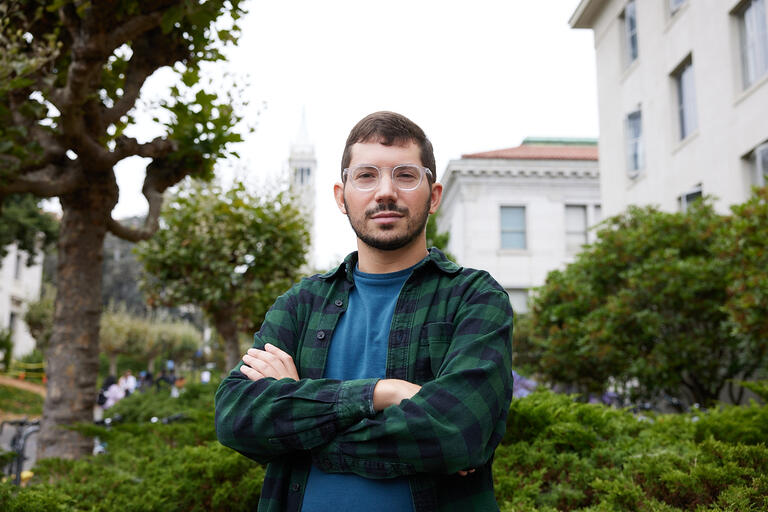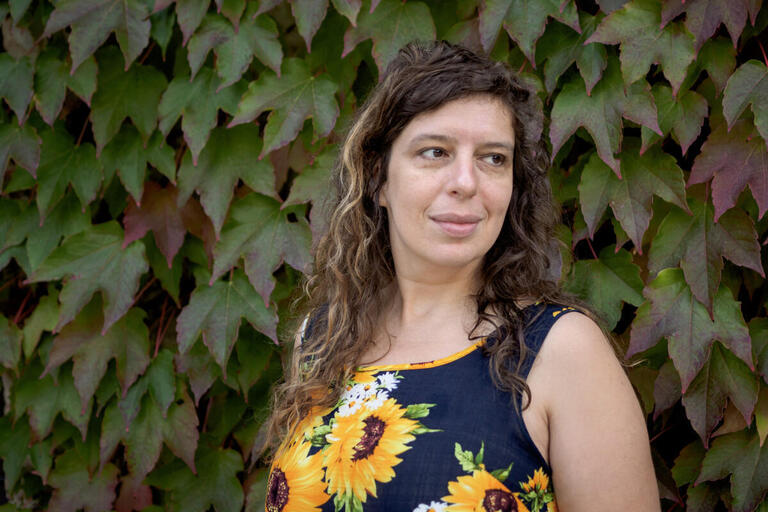
Our mission is to study and teach the languages, literatures, and cultures of the Russian and other Slavic peoples, as well as their neighbors in East and Central Europe, the Caucasus, and Central Asia. Through interdisciplinary and rigorous scholarship, we explore the linguistic, literary, cultural, and historical experiences that have shaped these regions, fostering a deeper understanding of their connections, distinctions, and global significance.

Upcoming Events






